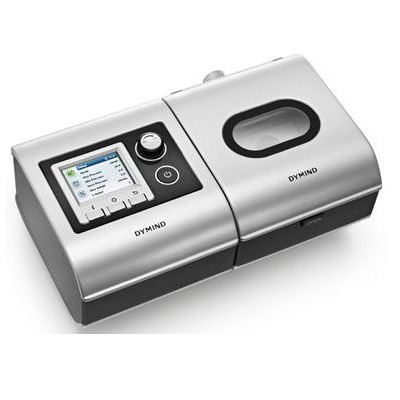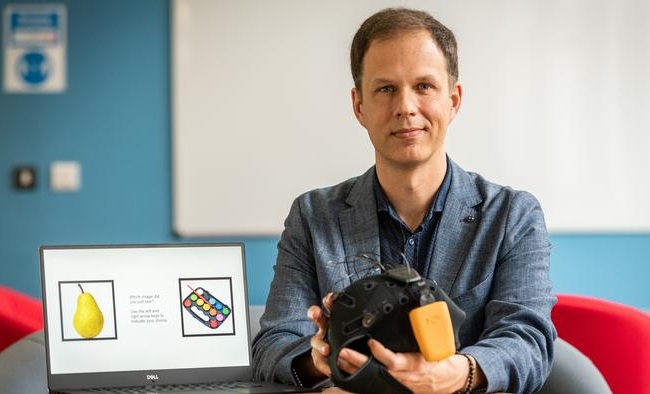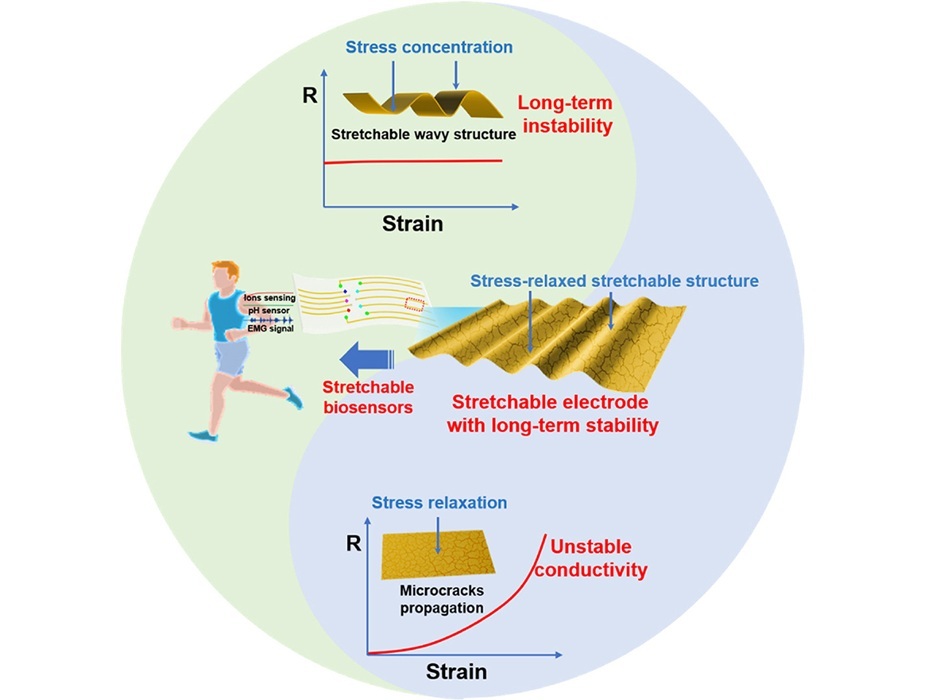MMR (Measles, Mumps, Rubella) Vaccine Can Protect Against Severe COVID-19 Symptoms
|
By HospiMedica International staff writers Posted on 22 Jun 2020 |

Illustration
A team of experts have suggested that administering the MMR (measles, mumps, rubella) vaccine could serve as a preventive measure to dampen septic inflammation associated with COVID-19 infection.
In their article published in the latest edition of mBio, a journal of the American Society for Microbiology, Dr. Paul Fidel, Jr., Department Chair, Oral and Craniofacial Biology, and Associate Dean for Research, Louisiana State University Health School of Dentistry and Dr. Mairi Noverr Professor of Microbiology & Immunology at Tulane University School of Medicine, have stated that vaccination with MMR in immunocompetent individuals has no contraindications and could be particularly effective for health care workers who are more exposed to COVID-19.
There is growing evidence that live attenuated vaccines provide non-specific protection against lethal infections unrelated to the target pathogen of the vaccine by inducing trained non-specific innate immune cells for improved host responses against subsequent infections. Live attenuated vaccines induce nonspecific effects representing “trained innate immunity” by training leukocyte (immune system cells) precursors in the bone marrow to function more effectively against broader infectious insults.
In their laboratory studies, the researchers found that vaccination with a live attenuated fungal strain-induced trained innate protection against lethal polymicrobial sepsis. The protection was mediated by long-lived myeloid-derived suppressor cells (MDSCs) previously reported inhibiting septic inflammation and mortality in several experimental models. According to the researchers, an MMR vaccine should be able to induce MDSCs that can inhibit or reduce the severe lung inflammation/sepsis associated with COVID-19. The researchers have proposed a clinical trial to test whether the MMR vaccine can protect against COVID-19, although in the meantime, they suggest that all adults, especially health care workers and individuals in nursing homes get the MMR vaccine.
“Live attenuated vaccines seemingly have some nonspecific benefits as well as immunity to the target pathogen. A clinical trial with MMR in high-risk populations may provide a low-risk-high-reward preventive measure in saving lives during the COVID-19 pandemic,” said Dr. Fidel. “While we are conducting the clinical trials, I don’t think it’s going to hurt anybody to have an MMR vaccine that would protect against the measles, mumps, and rubella with this potential added benefit of helping against COVID-19.”
In their article published in the latest edition of mBio, a journal of the American Society for Microbiology, Dr. Paul Fidel, Jr., Department Chair, Oral and Craniofacial Biology, and Associate Dean for Research, Louisiana State University Health School of Dentistry and Dr. Mairi Noverr Professor of Microbiology & Immunology at Tulane University School of Medicine, have stated that vaccination with MMR in immunocompetent individuals has no contraindications and could be particularly effective for health care workers who are more exposed to COVID-19.
There is growing evidence that live attenuated vaccines provide non-specific protection against lethal infections unrelated to the target pathogen of the vaccine by inducing trained non-specific innate immune cells for improved host responses against subsequent infections. Live attenuated vaccines induce nonspecific effects representing “trained innate immunity” by training leukocyte (immune system cells) precursors in the bone marrow to function more effectively against broader infectious insults.
In their laboratory studies, the researchers found that vaccination with a live attenuated fungal strain-induced trained innate protection against lethal polymicrobial sepsis. The protection was mediated by long-lived myeloid-derived suppressor cells (MDSCs) previously reported inhibiting septic inflammation and mortality in several experimental models. According to the researchers, an MMR vaccine should be able to induce MDSCs that can inhibit or reduce the severe lung inflammation/sepsis associated with COVID-19. The researchers have proposed a clinical trial to test whether the MMR vaccine can protect against COVID-19, although in the meantime, they suggest that all adults, especially health care workers and individuals in nursing homes get the MMR vaccine.
“Live attenuated vaccines seemingly have some nonspecific benefits as well as immunity to the target pathogen. A clinical trial with MMR in high-risk populations may provide a low-risk-high-reward preventive measure in saving lives during the COVID-19 pandemic,” said Dr. Fidel. “While we are conducting the clinical trials, I don’t think it’s going to hurt anybody to have an MMR vaccine that would protect against the measles, mumps, and rubella with this potential added benefit of helping against COVID-19.”
Latest COVID-19 News
- Low-Cost System Detects SARS-CoV-2 Virus in Hospital Air Using High-Tech Bubbles
- World's First Inhalable COVID-19 Vaccine Approved in China
- COVID-19 Vaccine Patch Fights SARS-CoV-2 Variants Better than Needles
- Blood Viscosity Testing Can Predict Risk of Death in Hospitalized COVID-19 Patients
- ‘Covid Computer’ Uses AI to Detect COVID-19 from Chest CT Scans
- MRI Lung-Imaging Technique Shows Cause of Long-COVID Symptoms
- Chest CT Scans of COVID-19 Patients Could Help Distinguish Between SARS-CoV-2 Variants
- Specialized MRI Detects Lung Abnormalities in Non-Hospitalized Long COVID Patients
- AI Algorithm Identifies Hospitalized Patients at Highest Risk of Dying From COVID-19
- Sweat Sensor Detects Key Biomarkers That Provide Early Warning of COVID-19 and Flu
- Study Assesses Impact of COVID-19 on Ventilation/Perfusion Scintigraphy
- CT Imaging Study Finds Vaccination Reduces Risk of COVID-19 Associated Pulmonary Embolism
- Third Day in Hospital a ‘Tipping Point’ in Severity of COVID-19 Pneumonia
- Longer Interval Between COVID-19 Vaccines Generates Up to Nine Times as Many Antibodies
- AI Model for Monitoring COVID-19 Predicts Mortality Within First 30 Days of Admission
- AI Predicts COVID Prognosis at Near-Expert Level Based Off CT Scans
Channels
Critical Care
view channel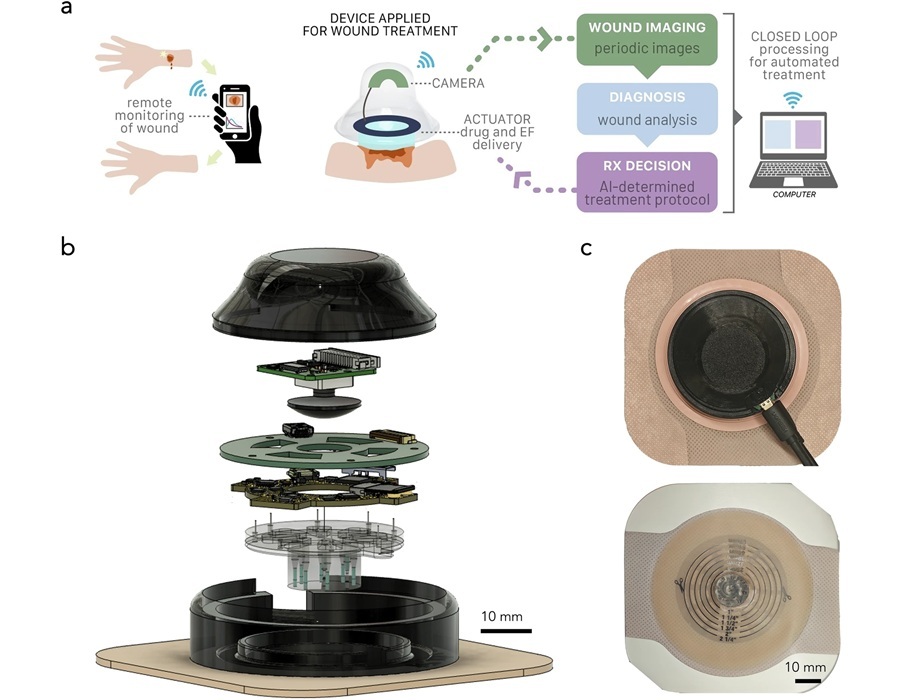
Wearable ‘Microscope in a Bandage’ Fastens Wound Healing
Wound healing is a complex biological process that moves through stages, including clotting, immune response, scabbing, and scarring. For many patients, especially those in remote areas or with limited... Read more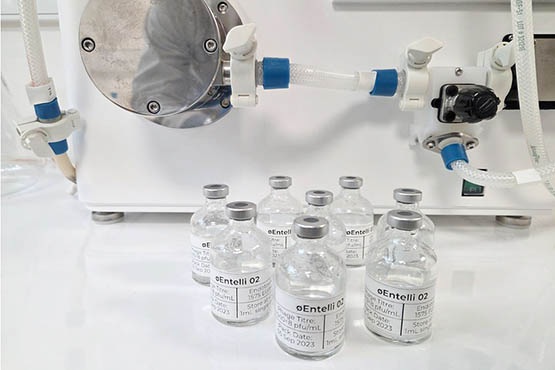
Virus Cocktail to Combat Superbugs Offers New Precision Medicine Approach for Hospitals Battling AMR
Antimicrobial resistance is one of the most pressing challenges in modern medicine, making once-treatable infections increasingly lethal. Enterobacter infections, for example, are difficult to treat and... Read moreSurgical Techniques
view channel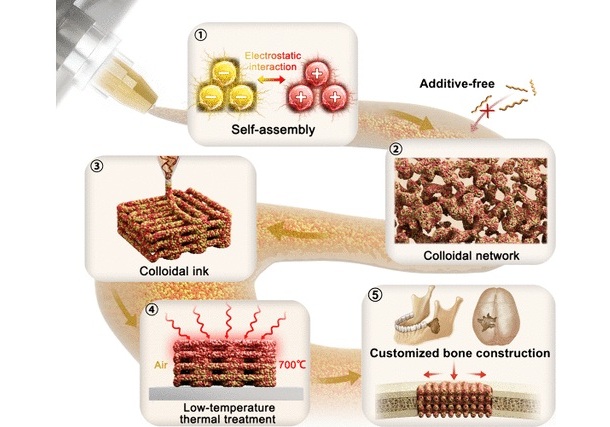
3D Printable Bio-Active Glass Could Serve as Bone Replacement Material
Glass may not seem like a natural choice for replacing bone, yet the two materials share surprising similarities in structure and strength. Bone and glass both bear weight more effectively than they withstand... Read more
Micro Imaging Device Paired with Endoscope Spots Cancers at Earlier Stage
Digestive system cancers are among the most common cancers, with hundreds of thousands of new cases and deaths reported annually in the United States. Standard endoscopy, the main diagnostic method for... Read more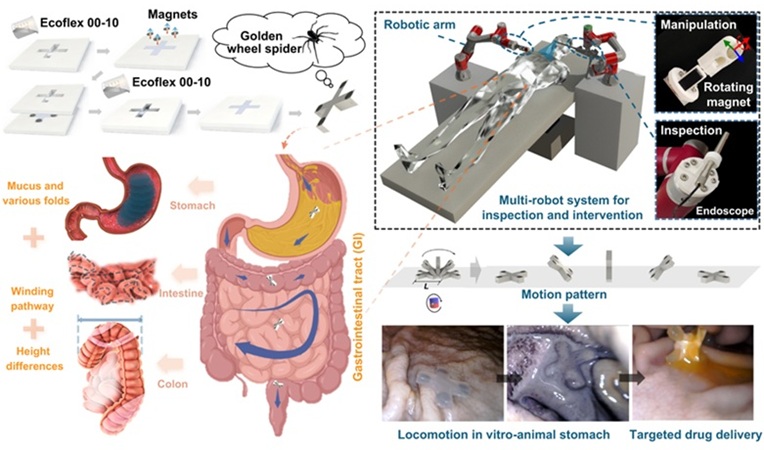
Spider-Inspired Magnetic Soft Robots to Perform Minimally Invasive GI Tract Procedures
The gastrointestinal (GI) tract is vital for digestion, nutrient absorption, and waste elimination, but it is also prone to cancers and other serious conditions. Standard endoscopy is widely used for diagnosis... Read morePatient Care
view channel
Revolutionary Automatic IV-Line Flushing Device to Enhance Infusion Care
More than 80% of in-hospital patients receive intravenous (IV) therapy. Every dose of IV medicine delivered in a small volume (<250 mL) infusion bag should be followed by subsequent flushing to ensure... Read more
VR Training Tool Combats Contamination of Portable Medical Equipment
Healthcare-associated infections (HAIs) impact one in every 31 patients, cause nearly 100,000 deaths each year, and cost USD 28.4 billion in direct medical expenses. Notably, up to 75% of these infections... Read more
Portable Biosensor Platform to Reduce Hospital-Acquired Infections
Approximately 4 million patients in the European Union acquire healthcare-associated infections (HAIs) or nosocomial infections each year, with around 37,000 deaths directly resulting from these infections,... Read moreFirst-Of-Its-Kind Portable Germicidal Light Technology Disinfects High-Touch Clinical Surfaces in Seconds
Reducing healthcare-acquired infections (HAIs) remains a pressing issue within global healthcare systems. In the United States alone, 1.7 million patients contract HAIs annually, leading to approximately... Read moreHealth IT
view channel
Printable Molecule-Selective Nanoparticles Enable Mass Production of Wearable Biosensors
The future of medicine is likely to focus on the personalization of healthcare—understanding exactly what an individual requires and delivering the appropriate combination of nutrients, metabolites, and... Read moreBusiness
view channel
Philips and Masimo Partner to Advance Patient Monitoring Measurement Technologies
Royal Philips (Amsterdam, Netherlands) and Masimo (Irvine, California, USA) have renewed their multi-year strategic collaboration, combining Philips’ expertise in patient monitoring with Masimo’s noninvasive... Read more
B. Braun Acquires Digital Microsurgery Company True Digital Surgery
The high-end microsurgery market in neurosurgery, spine, and ENT is undergoing a significant transformation. Traditional analog microscopes are giving way to digital exoscopes, which provide improved visualization,... Read more
CMEF 2025 to Promote Holistic and High-Quality Development of Medical and Health Industry
The 92nd China International Medical Equipment Fair (CMEF 2025) Autumn Exhibition is scheduled to be held from September 26 to 29 at the China Import and Export Fair Complex (Canton Fair Complex) in Guangzhou.... Read more





